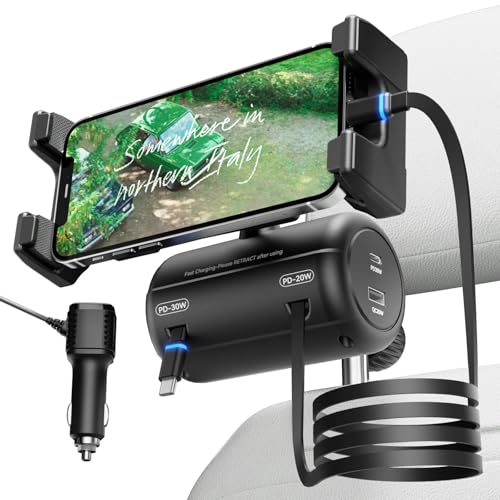DallasiMiEV said:
- Expensive. I had a very nice Benz R350 for ~$40K less than the cost of a Model S, and I paid about $2K a year in gas. The model S is just not cost-effective, and won't be for a long time. My i saves me tons of money, and I got it cheaper than I could any similar car. The payoff is degrees of magnitude higher for the i than for the S.
I'm not familiar with Mercedes models, but I think the Model S would be considered an Mercedes S-class competitor, not a R350 competitor. The MSRP for a 2012 R350 starts at ~$53,000. A Tesla Model S 60 starts at ~$64,000 after the $7,500 Federal tax credit. So a base R350 is only ~$11,000, not $40,000, less than a base Model S 60.
DallasiMiEV said:
- Tesla is a huge contradiction to me. The company seems funded by progressive individuals and tax policies, and the car is a progressive badge of honor, or a liberal status symbol.
I don't necessarily agree with your premise unless conservatives have some basic objection to EV's. I wouldn't be surprised if many wealthy conservatives are Model S owners.
Maybe conservatism leads to supporting the status quo, so a big change to EV's might be unsettling. I get that conservatives are incensed that the Federal government offered Tesla stimulus loans that Tesla paid back way early with interest and that Tesla benefits financially from zero emission credits. But without Federal support and California emission requirements, the current variety of EV's would almost certainly not be available now. Sometimes the free market just moves way too slow or not at all.
DallasiMiEV said:
- The elitist feel that Tesla and Elon look down on other EVs and their manufacturers. I read this article about Elon laughing and mocking other EV manufacturers like BMW, and it really gave me a bad feeling.
Musk does not believe that BMW's offering yet another <100-mile-range EV indicates a serious commitment to EV's. Musk's opinion might be vindicated if the
BMW CEO's "couple thousand" 2014 US i3 sales projection turns out to be correct. This places the i3 in compliance car territory. At this point, it appears that only Nissan and Tesla are really serious about EV's, so other manufacturers deserve to be derided.
DallasiMiEV said:
- Tesla's charging incompatibility and setting up their own infrastructure. It's great they are a market leader for EVs (and they obviously know and revel in this fact), but why build infrastructure that only supports your car, and not other EVs?
Because no other charging standard provides the power necessary to rapid-charge a battery pack the size of the Model S, Tesla had to invent its own standard. Offering free supercharging for life to Tesla owners is a significant marketing advantage as well. Why should a private company, Tesla, spend millions of dollars building a supercharger infrastructure that any EV could use?
DallasiMiEV said:
It's like Apple, famous for their commercial in the early 80s mocking the IBM behemoth monopoly, but then Apple turned into an even bigger behemoth monopoly with much worse anti-competitive practices.
As a retired Apple engineer, I can't imagine what you're talking about. But this isn't the forum to discuss our disagreement.

































